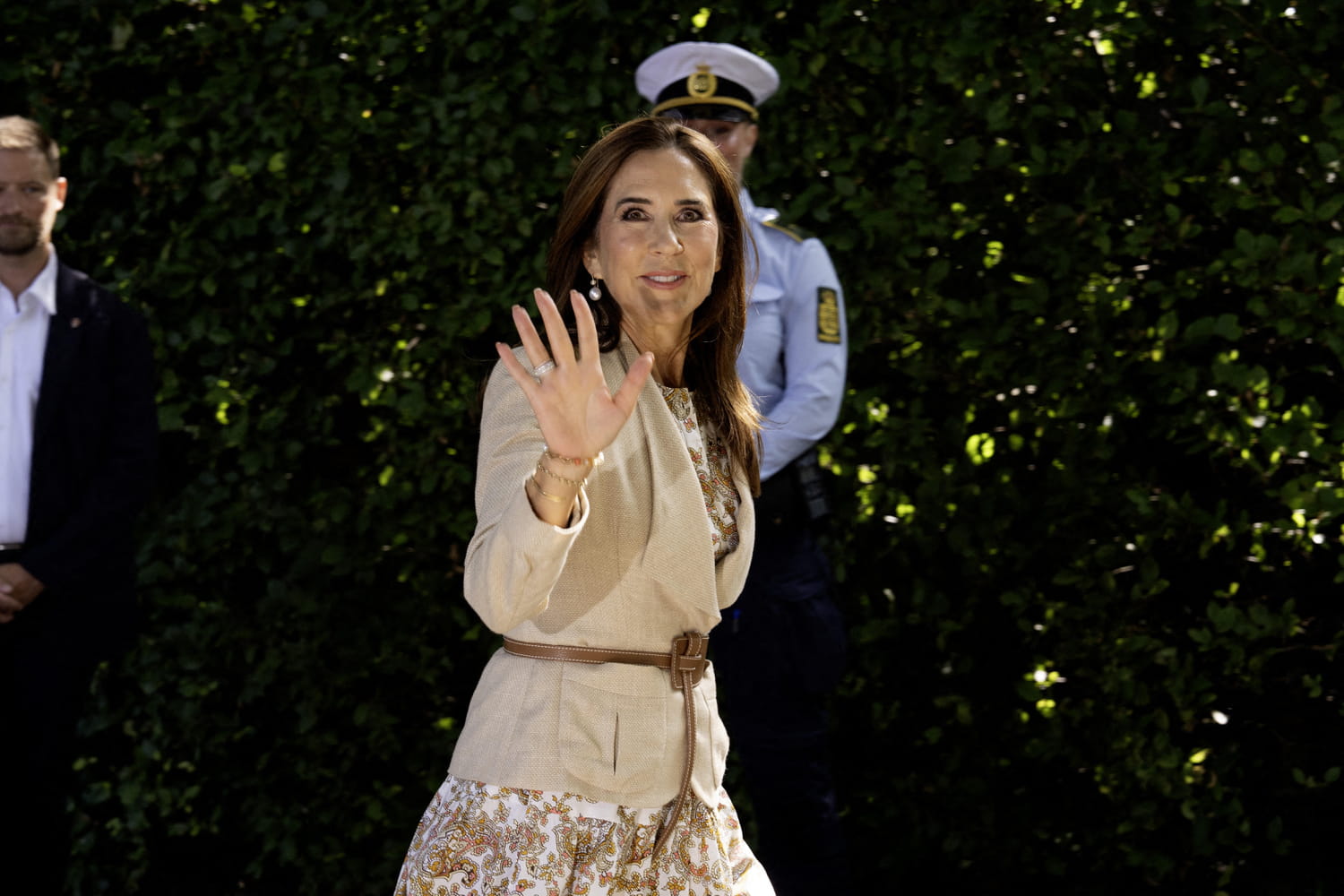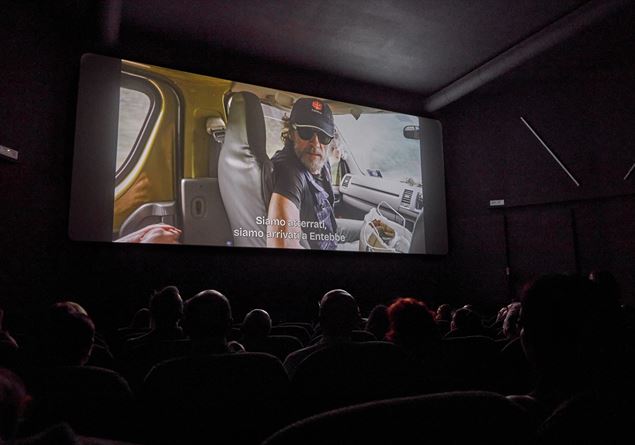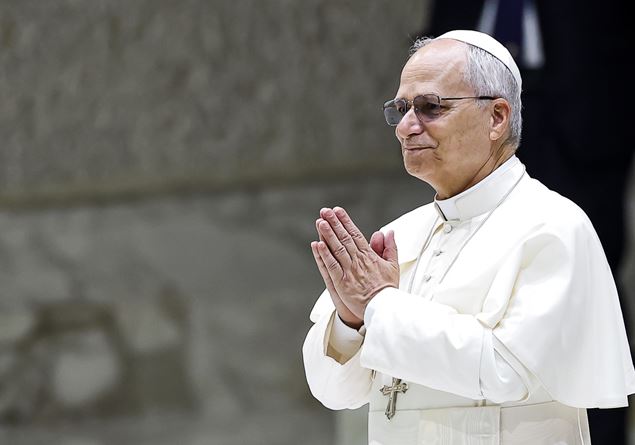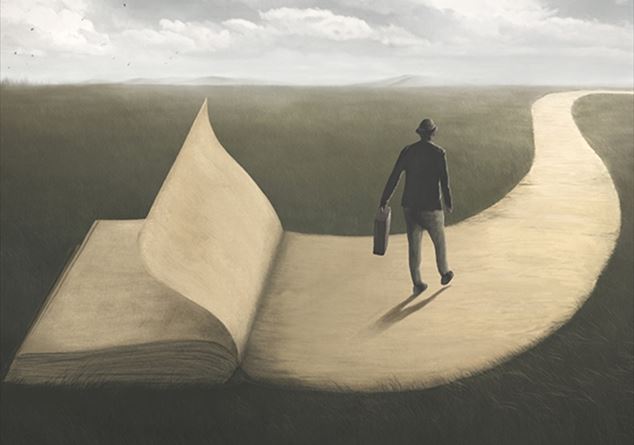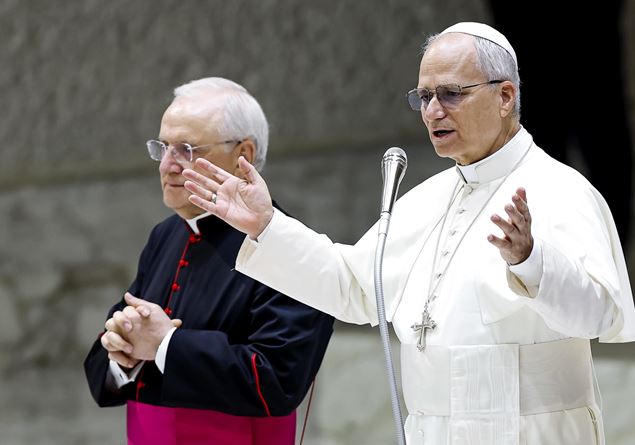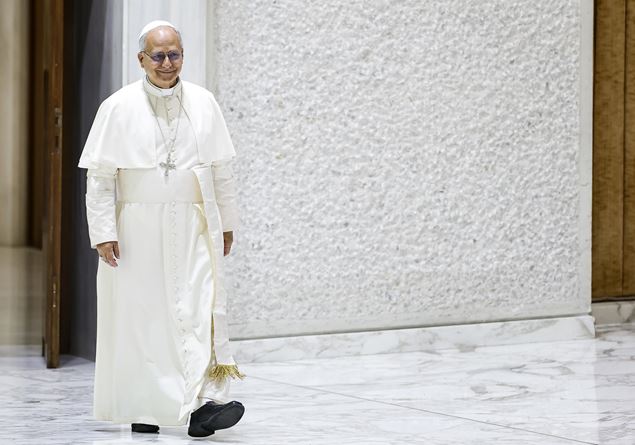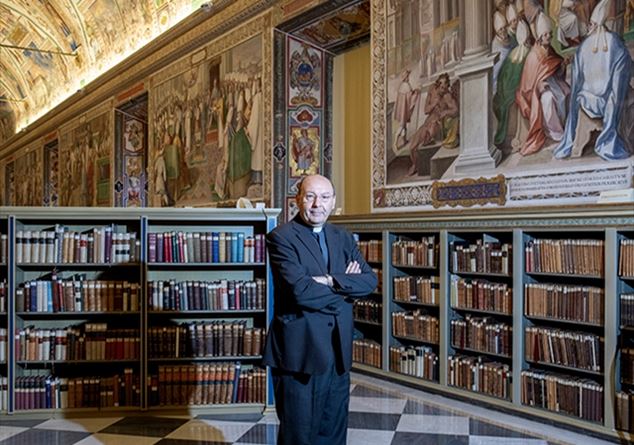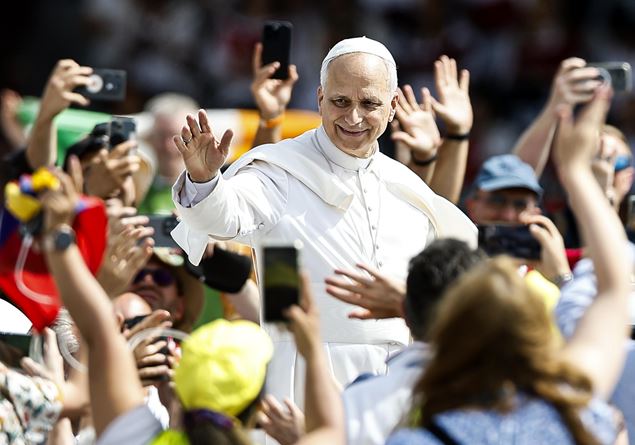There is a moment, in front of the screen, in which the silence of the room becomes dense, almost physical. This is the moment when the gaze of those who have lost everything – family, home, work, friends – crosses that of those who can still choose. It is in that instant that “The gaze of the other – Palabek, Uganda“ It stops being only a documentary-film and becomes a shared experience, an emotional bridge between distant and yet close worlds. The special projection to Ariosto Anteo Spazio Cinema in Milan has returned this sense of urgency and humanity. Thanks also to the presence of Alessio Boni. The Bergamo actor is the protagonist but never in the center, he makes a narrative voice, and bridge of the Cesvi operators, the Italian non -governmental organization (NGO) who for forty years has transformed solidarity into concrete action.
Alessio Boni’s story: “The heroes are theirs”
“Why the look of the other? Because I need it », confides Alessio Boni, actor and face of the documentaryduring the meeting with the public. «I soon my image, if I can collect money, but the heroes are there. They are those who start the development, who risk their lives every day to give dignity to those who have nothing anymore ». Boni tells his experience on the field without filters, the comparison with a reality where pain is intertwined with hope, where poverty is not only material but also of opportunities, and where dignity is conquered day after day, with effort and courage.
The actor also reflects on the meaning of luck, on how casual it is to be born in one place rather than in another. “We cannot choose where we are born, in which family. If I had been born in South Sudan, or in Haiti, or in Ukraine, my life would have been different. That’s why I feel the need to reset, to get out of our self -centered and narcissistic society, to find a real, sincere look, that evaluates you for what you are, not for what you own ».
Boni focuses on episodes that have marked his path: «I saw people graduate in medicine, boys who have learned to use the computer and now work in the city, women who take charge of entire families. In those faces there is a desire for rebirth that moves. It is not just about surviving, but of finally being able to live, study, build a future ».
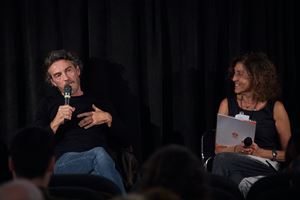
Forty years of cooperation and transparency
“Cesvi was born forty years ago from the dream of some gentlemen who wanted to do something positive in the world, and do it well,” says President Gloria Zavatta. “It is not just about bringing aid and then going away, but of building autonomy and responsibility, so that people can carry on their lives with hope”.
Today Cesvi operates «in almost 30 countries, From India to South Africa, from Brazil to Colombia, passing through the Horn of Africa, Haiti, Syria, Gaza and Ukraine. In Italy, the NGO is also engaged in the accompaniment of families in difficultywith projects that fight school abandonment and child abuse. Transparency is fundamental: we were among the first NGOs to certify the financial statements, to equip ourselves with supervisory bodies. Everything we do follows precise rules, because doing well also means doing it with responsibility », underlines Zavatta.
Zavatta publicly thanks Alessio Boni for his sensitivity and humanity, a quality that clearly emerge both in the documentary and in his personal commitment alongside Cesvi. “His gaze brought a depth that goes beyond simple testimony to this trip to Uganda.”
Palabek: a refuge between war and climatic crisis
The Palabek camp, in the heart of Uganda, is a place that few know, but which for thousands of South Sudanese refugees represents the possibility of starting again. Here, those who flee from conflicts and the climatic crisis find lands to cultivate, made available by the Ugandanian, and a reception system that tries to return dignity and future. Roberto Vignola, deputy general director of Cesvi, adds: “Uganda is the African country that welcomes the greatest number of refugees: about 1.9 million people, one million from South Sudan. The country also suffers from the climatic crisis, alternating prolonged drought with devastating floods, with serious repercussions on food safety ».
Every day, at least one hundred new refugees arrive in Palabek, fleeing violence and hunger. «The reception system, as seen in the documentary, is supported by humanitarian organizations and the Ugandan government. Cesvi works to offer education, protection, job opportunities and rights. Each refugee has the right to be more than a number».
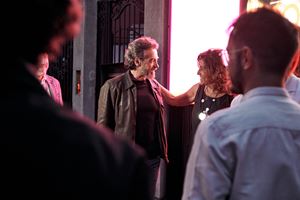
A journey that changes those who make it
“The gaze of the other – Palabek, Uganda” is not only a reportage, but an invitation to look beyond the boundaries of one’s daily life. The film shows stories of women who take charge of numerous families, of boys who find in knowing the key to a new identity, of communities that are reconstructed starting from collaboration and solidarity. Boni underlines how contact with this reality enriched and changed it: «When you come home, you are more careful to everything: not to waste the water, not to trample a plant, not to take anything for granted. And you understand that true progress is not only material, but human, made of small gestures and attention to others ».
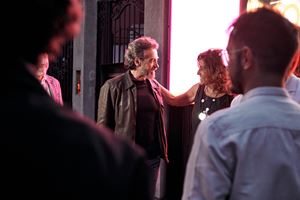
A universal message
The docu-film, fifth of the series dedicated to Cesvi’s projects, is a powerful reference to collective responsibility. “Only together we can make the difference – admits Boni -. A hair alone weighs nothing, but one hundred hair together are strength. Intelligence solves problems, wisdom avoids them, stupidity creates them. We have to choose which side to be on. “
“The gaze of the other – Palabek, Uganda” leaves in the viewer the awareness that solidarity is not an isolated gesture, but a shared path. A journey that starts from the gaze, passes through listening and translates into concrete actions, capable of returning dignity and future to those who have lost everything, but not the desire to start again. Also because behind the numbers, however, the stories always remain. «Like that of the boy who arrived in Palabek at 13 and today he works in the city thanks to a computer course. Or of the woman who welcomed three children without a family, offering them a house, a meal, a future », says the Bergamo actor. These are the lives that the documentary turns on, with delicacy and respect.
“I need the look of the other,” says Boni “Because in this job that works with feelings, every now and then you must remind you the truth. The truth of humanity. And today there is more and more need to look at others really. Not only to change them, but to change ourselves ». And he closes with an invitation: «Looking at the other, without filters, is the beginning of any change. You don’t need to be in Uganda to do it. Just start here, now ».
The evening ends with a long, moved applause. But also with a promise that hovers in the room. That of not forgetting. To do something. To begin, at least, to look.
Photo by © Gianfranco Ferraro


